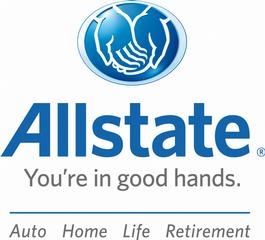
Who would have thought that today's economy crisis would get its hooks into an internet search engine - but it's true, Google has been suffering as a result of our economic slump. With consumers having less discretionary income than ever before, it follows that as consumer purchases decline, so does the act of searching for information about products available. And as with all internet marketing, a host can only charge money for a company to advertise through it as long as people are clicking on the advertisements - something consumers are doing less of. As a result, Google's projected growth rate for 2009 fell in the past month from 19.7% to only 11%, a significant difference (although, nothing to turn your nose to).
Source:
Google Encounters Frugal Customers



